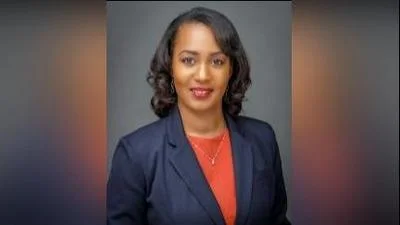State Rep. Steve Reick (R-Woodstock) | Provided
State Rep. Steve Reick (R-Woodstock) | Provided
State education officials are being asked to voluntarily withdraw new rules for Illinois teachers to be culturally responsive, which opponents argue go far beyond what should be expected of educators.
The Illinois State Board of Education (IBSE) wants teachers to be more "reflective and gain a deeper understanding of themselves and how they impact others," the proposed regulations state.
But opponents claim the rule, which will be discussed and potentially decided upon by a legislative committee on Tuesday, Feb. 16, aims to turn teachers into social activists, a role far beyond their mandate, according to Rep. Steven Reick (R-Woodstock).
"I have sent to the board a list of questions, hoping they will think twice and pull the rule themselves, but failing that will be offering a motion to suspend or reject," Reick, one of six members of the Joint Committee on Administrative Rules, told McHenry Times.
The Illinois Culturally Responsive Teaching and Leading Standards, which run to over seven pages, states teachers must "critically think about the institutions in which they find themselves, working to reform these institutions whenever and wherever necessary."
It states that educators should "assess how their biases and perceptions affect their teaching practice and how they access tools to mitigate their own behavior (racism, sexism, homophobia, unearned privilege, Eurocentrism, etc.)."
The representative said the rules "already provides for teaching diversity and my point is that these standards are unnecessary."
"And these standards go far beyond and provide a mechanism for social activism," Reick said. "And schools are not in the business of social activism - they are in the business of teaching kids to read and write.
"With these new requirements, we risk increasing the teacher shortage and losing quality, new teachers. But what we’re really seeing here is not so much an attempt to expand our teacher roles as it is a means by which those who set education policy are cementing social activism into our school."




 Alerts Sign-up
Alerts Sign-up